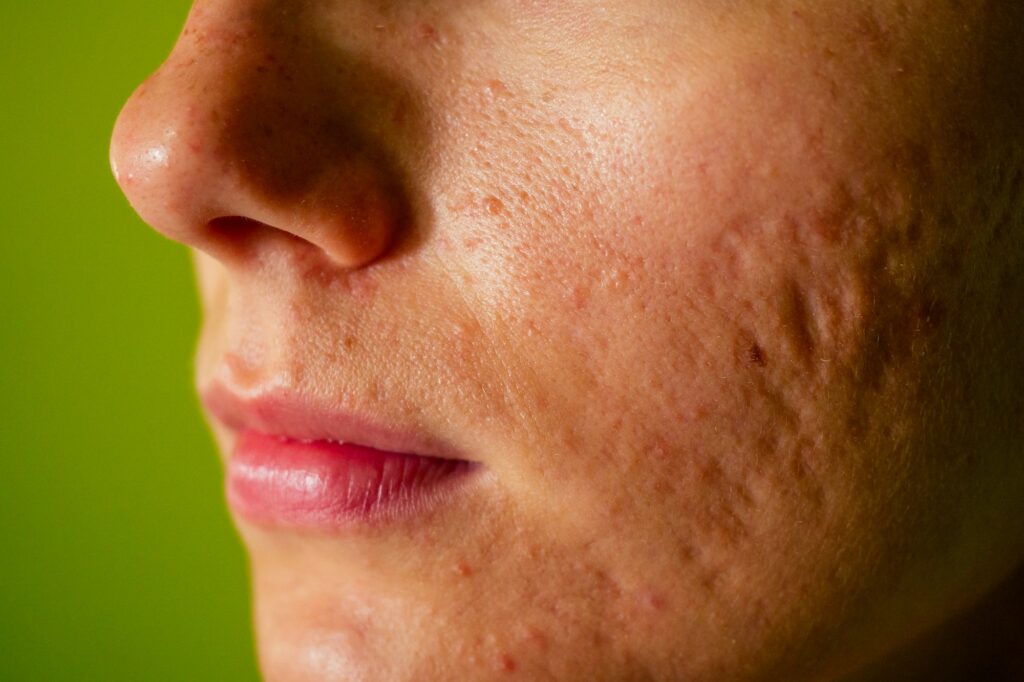Top latest Five benzoyl peroxide redness Urban news
Top latest Five benzoyl peroxide redness Urban news
Blog Article

Allergic Response to Acne Medication
Acne is a typical skin issue that influences a lot of persons worldwide. Though there are actually a lot of therapies accessible, starting from more than-the-counter creams to prescription remedies, not all solutions are appropriate for everybody. A single significant problem is definitely the likely for an allergic response to acne medication. This article will check out what an allergic response to acne medication involves, the signs to Be careful for, and the way to regulate and prevent these kinds of reactions.
Comprehending Allergic Reactions
An allergic reaction occurs once the immune technique mistakenly identifies a harmless material being a risk and responds by releasing chemical compounds like histamines. These chemical compounds lead to signs or symptoms which will vary from gentle to extreme. In relation to acne medication, the components in these goods can occasionally result in an allergic reaction.
Prevalent Acne Drugs
Before diving into allergic reactions, It is really vital to know the kinds of acne medicines that are commonly made use of:
Benzoyl Peroxide: An above-the-counter procedure that kills microorganisms and dries out the pores and skin. Salicylic Acid: A different over-the-counter alternative that can help to exfoliate the pores and skin and unclog pores. Retinoids: Prescription medicines that encourage cell turnover and stop clogged pores. Antibiotics: Both of those topical and oral antibiotics is usually prescribed to reduce microbes and inflammation.Hormonal Treatments: Remedies like delivery Management capsules that regulate hormones and reduce acne.
Signs of the Allergic Reaction to Acne Medication
Recognizing the symptoms of the allergic reaction to acne medication is very important for timely intervention. Indications can differ with regards to the individual and the particular medication but usually include things like:
- Skin Redness: Red, inflamed skin is a typical indication of the allergic reaction.
Itching: Persistent itching can show an allergic response. Swelling: Swelling from the experience, lips, or tongue can be a serious symptom. Rash: A rash or hives may well develop on the pores and skin. Difficulty Breathing: In serious instances, an allergic response could cause issues breathing, which needs instant health-related interest.
Situation Research and Data
To better understand the prevalence and impression of allergic reactions to acne medication, let's look at some scenario scientific studies and studies:
Situation Analyze one: Benzoyl Peroxide Allergy
A 17-12 months-aged female started off employing a benzoyl peroxide-based mostly acne procedure. Inside of a few days, she discovered intense redness and itching on her encounter. Upon consulting a dermatologist, she was diagnosed using an allergic reaction to benzoyl peroxide. She was suggested to discontinue the medication and switch into a milder, non-allergenic treatment method.
Case Study two: Retinoid Response
A 22-12 months-previous male was prescribed a retinoid cream for serious acne. Following a 7 days of use, he designed a rash and swelling all around his eyes. His dermatologist confirmed an allergic response to your retinoid and encouraged an alternate remedy strategy.
Data
As outlined by a research published from the Journal in the American Academy of Dermatology, roughly five-ten% of individuals using topical acne solutions expertise some method of allergic reaction. When most reactions are mild, about 1-2% of conditions could be critical, demanding quick professional medical intervention.
Handling Allergic Reactions
In case you suspect that you'll be going through an allergic reaction to acne medication, It really is important to acquire speedy motion:
Discontinue Use: Stop utilizing the medication immediately.- Consult a Health care Qualified: Search for assistance from a dermatologist or Health care supplier.
Use Antihistamines: Around-the-counter antihistamines may also help relieve mild indications. Apply Cold Compresses: Cold compresses can reduce swelling and itching. Seek Unexpected emergency Treatment: For those who practical experience severe indicators like difficulty respiration, find crisis healthcare care quickly.
Preventing Allergic Reactions
Prevention is always better than great post to read treatment. Here are a few recommendations that will help prevent allergic reactions to acne medication:
Patch Check: Often execute a patch check prior to employing a new acne medication. Utilize a small sum to a discreet space of pores and skin and wait 24-forty eight hrs to determine if any response happens.Browse Labels: Very carefully read the component list on acne prescription drugs to recognize potential allergens. Seek the advice of a Dermatologist: Before beginning any new treatment method, consult a dermatologist to be sure it's appropriate for the skin type. Start out Slowly: Introduce new drugs little by little to observe how the skin reacts. Use Hypoallergenic Products and solutions: Opt for hypoallergenic acne remedies which can be more unlikely to result in allergic reactions.
Substitute Treatment options
In case you have seasoned an allergic reaction to common acne prescription drugs, you'll find option treatment plans readily available:
Natural Cures: Elements like tea tree oil, aloe vera, and honey have anti-inflammatory and antibacterial properties which will help address acne with no causing allergic reactions. Gentle Therapy: Blue light therapy can destroy acne-resulting in bacteria without the use of chemical substances. Dietary Improvements: Occasionally, dietary adjustments can assist take care of acne. Cutting down sugar and dairy ingestion has actually been demonstrated to boost skin well being in some people today.
Conclusion
Allergic reactions to acne medication may be distressing, but they are workable with the best information and precautions. By being familiar with the signs or symptoms, taking speedy action, and consulting Health care specialists, you can proficiently control and forestall allergic reactions. Usually conduct patch tests, read through labels, and consult a dermatologist before starting any new cure. If traditional acne drugs are certainly not suitable for you, take into account choice treatments which are less likely to result in allergic reactions. Your journey to very clear skin doesn't have to be hindered by allergies; with the right approach, you'll find a treatment that actually works in your case. Report this page